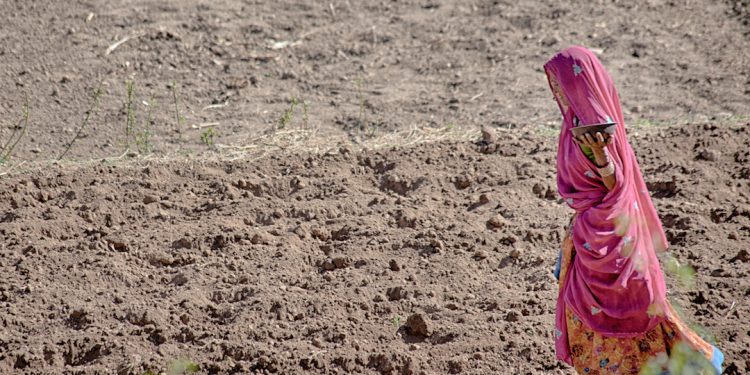Resolved India-US Dispute Opens Doors for WTO Deal

India and the United States have recently reconciled over food stockpiles, subsequently allowing a global trade deal to be enacted that had been postponed indefinitely. The World Trade Organization (WTO) had decided on a deal called the Trade Facilitation Agreement to simplify trade processes in December at Bali, Indonesia but it did not come to fruition because all the respective countries were not in agreement. India was wary that the deal would block its food security program, so India obstructed the deal, but at the same time naturally received much criticism from other countries.
The Issue
The Indian government typically purchases food from its agricultural workers at above market prices and inserts it into a public distribution system, where it is sold at governmental stores at also subsidized prices. India believes stockpiling is the primary factor of its food security and essential for the nutritional welfare of millions of its poor citizens. It also protects farmers and surpluses are saved for potential food shortages. According to the National Food Security Act, the food subsidy program is at 75 percent of India’s rural population and 50 percent of the urban population’s disposal.
However, the WTO and many countries have expressed doubts about food subsidies. For example, WTO rules state that subsidizing upwards of 10 percent of the grain produced in a country changes the market for trade. Also, the US and Pakistan have conveyed that India was amassing an excessive amount of grain and the eventual increased supply in the world market would detrimentally lower prices for other producers.
The Deal
The December trade package is the first large global trade deal since the birth of the WTO, nearly 20 years ago. It is projected to guide the travel of goods across international borders and reduce the complicated formalities associated with this kind of trade. Supporters maintain that the deal will inject $1 trillion into the global economy and create 21 million jobs by reducing trade costs under the deal’s terms. On the flip side, critics say that a requisite to upgrading borders and ports is a weighty investment from developing countries.
The Solution
The stalemate was broken, and India and the US have come to a “peace clause” in which member countries will be protected from being legally threatened under WTO rules until a permanent solution is found on the stockpiling problem. Appointments for negotiation on stockpiling were also agreed, ensuring a speedy conclusion.
“In recent days, officials of both governments worked intensively and reached an agreement that should give new momentum to multilateral efforts at the WTO.,” Michael B. Froman, the US trade representative, said in a statement. “India and the United States have resolved their differences on public stockholding of food,” Nirmala Sitharaman, India’s commerce minister, said at a news conference in New Delhi. “This breakthrough represents a significant step in efforts to get the Bali package and the multilateral trading system back on track,” says Roberto Azevêdo, the director general of the WTO. What’s more, this positive bilateral income will allow the implementation of an important WTO agreement when critics were starting to doubt the role of the WTO in the future. Now that all three parties have made due concessions and are on the same page, the agreement will improve India’s rule as a negotiator in the Group of 20 major economies’ meetings and other global meetings.
[Image Attribute: hkoons cc]



